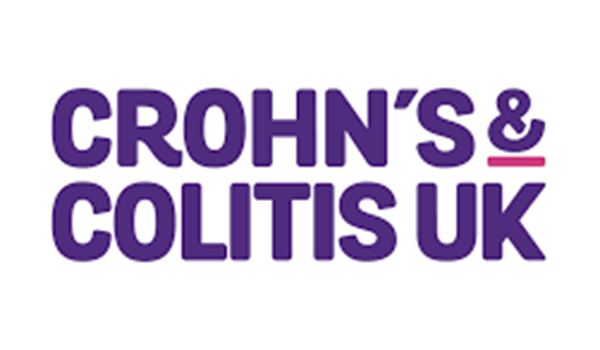Inflammatory Bowel Disease (IBD)
Inflammatory Bowel Disease (IBD) is a group of chronic inflammatory conditions that primarily affect the gastrointestinal tract. The two main types of IBD are Crohn’s disease and ulcerative colitis. These conditions share some similarities but also have distinct characteristics.
Crohn’s Disease
Crohn’s disease can affect any part of the gastrointestinal tract, from the mouth to the anus. It involves inflammation that extends through the entire thickness of the intestinal wall and can occur in patches, leaving healthy areas in between. Common symptoms of Crohn’s disease include abdominal pain, diarrhea, weight loss, fatigue, rectal bleeding, and reduced appetite. It may also lead to complications such as strictures, fistulas, abscesses, and nutritional deficiencies.
Ulcerative Colitis
Ulcerative colitis primarily affects the colon and the rectum. It involves inflammation that starts in the rectum and spreads continuously along the colon in a continuous pattern. Common symptoms of ulcerative colitis include bloody diarrhea, abdominal cramps, rectal bleeding, urgency to have a bowel movement, and an inability to empty the colon completely.
Complications of ulcerative colitis may include severe bleeding, colon dilation (toxic megacolon), perforation, and an increased risk of colon cancer.
What is the cause of IBD?
The exact cause of IBD is still unknown, but it is believed to involve a combination of genetic, environmental, and immunological factors. It is thought that an abnormal immune response triggers an inflammation cascade in the intestinal lining, leading to chronic inflammation.

What are the treatments?
The treatment of IBD aims to reduce inflammation, relieve symptoms, and maintain remission. It often involves a multidisciplinary approach involving gastroenterologists, dietitians, and sometimes surgeons. Treatment options may include medications (such as anti-inflammatory drugs, immunosuppressants, biologics, and antibiotics), lifestyle modifications, dietary changes, and, in some cases, surgery to remove the affected portion of the intestine.

Lifestyle and care
Managing IBD involves adopting certain lifestyle measures to support overall health and well-being. These may include stress reduction techniques, regular exercise, maintaining a balanced diet, avoiding trigger foods, staying hydrated, and getting enough restful sleep. It’s important to work closely with healthcare professionals to develop an individualized treatment plan and monitor the condition regularly.

NHS Lothian IBD Team
The Lower Gastrointestinal (GI) Team are located at the Western General Hospital run outpatient clinics , hospital investigations and organise specialist treatment to help sufferers with IBD (Crohn's/ Ulcerative Colitis)
If you have IBD, are known to the team and think you are currently experiencing a flare up, please call the IBD Patient Advice Line:
0131 537 1272
Crohn's and Colitis UK is a great website that has more details on:
- Treatments: the different types of treatments available (including role of steroids, 5-ASA's, methotrexate, azathioprine, biologic medicine, monoclonal antibody medication and future treatments still in clinical research.
- Living with the condition: useful information on diet, practicalities of being recently diagnosed, issues surrounding worries about fertillity, pregnancy and breast feeding, Travelling and financial advice including getting life/medical insurance.
Page created: 04 September 2020


